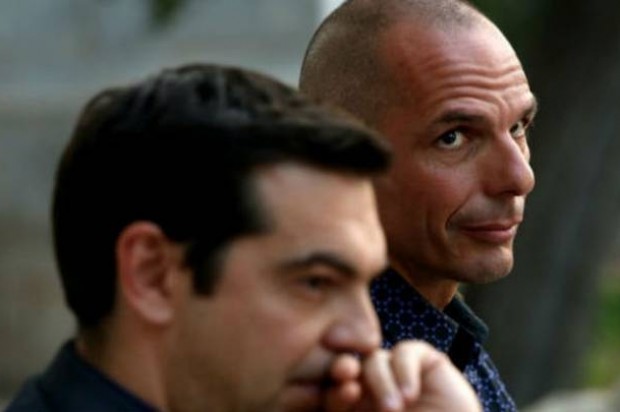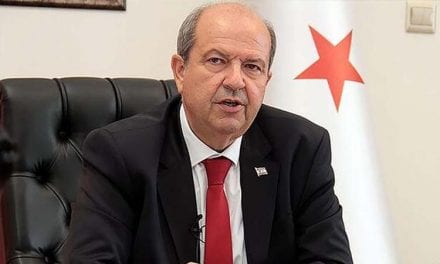By BBC
he eurozone has said only six working days are left for Greece to come up with a revised list of reforms to seal a deal on its next rescue bailout.
Eurozone deputy finance ministers want an agreement on the €7.2bn loan in time for a Eurogroup meeting on 24 April.
An EU official said: “If you take into account weekends and Orthodox Easter, there are only six days left.”
It comes as Greece said it had met Thursday’s deadline to repay €460m to the International Monetary Fund.
A Greek government official told the Reuters news agency: “The payment has been made.”
Financial help
Other, much larger, debt repayments are due within a few weeks.
Analysis: Chris Morris, BBC News, Athens
Greece has fulfilled its financial commitments today, but the situation is becoming rather desperate. There is precious little cash left in the national coffers, and if the government fails to procure further funding soon, it will be in trouble.
There are salaries and pensions to pay, and more debt repayments looming. EU officials are also turning the screw by saying there are only six working days left in which to reach agreement on a new package of reforms to the Greek economy.
Only if eurozone finance ministers are satisfied with the Greek plan when they meet later this month will more money be released. On the second day of his visit to Moscow, the Prime Minister, Alexis Tsipras, said he still hoped for an honourable compromise.
But his radical left-wing government is ideologically opposed to many of the policies that its eurozone partners have endorsed – that’s one of the reasons why it is proving so difficult to strike a deal. And Greece is feeling the squeeze.
Greek prime minister Alexis Tsipras has said that Athens will not be able to service its debt without financial help from the European Union.
Without new money it will struggle to renew €2.4bn in treasury bonds due to mature in the middle of April, or pay back another €0.8m to the IMF on 12 May.
It also has to find the funds to pay wages and pensions.
It is still trying to negotiate an easing of the reforms that are part of the conditions of the rescue bailout.
Joint ventures
Greek Finance Minister Yanis Varoufakis said on Thursday that the government would restart the privatisation of state-owned businesses.
In January, the sell-off of businesses such as the power corporation, PPC, and Pireus port were put on ice. This came the week after Mr Tsipras’ government came to power and was part of its pledge to rein in the austerity measures imposed by its creditors.
But on Thursday, Mr Varoufakis said: “What we are saying is the Greek state does not have the capacity to develop public assets.
“We want private-public joint ventures….we want to retain a stake for the state so as to have an income stream with which to finance pension funds.”
Last month, the Financial Times reported that the country was using reserves from its health service and state owned utilities to pay off debts.
Mr Tsipras met Russian President Vladimir Putin this week in Moscow, but Mr Putin said he did not ask for financial aid from Russia during their talks.



















